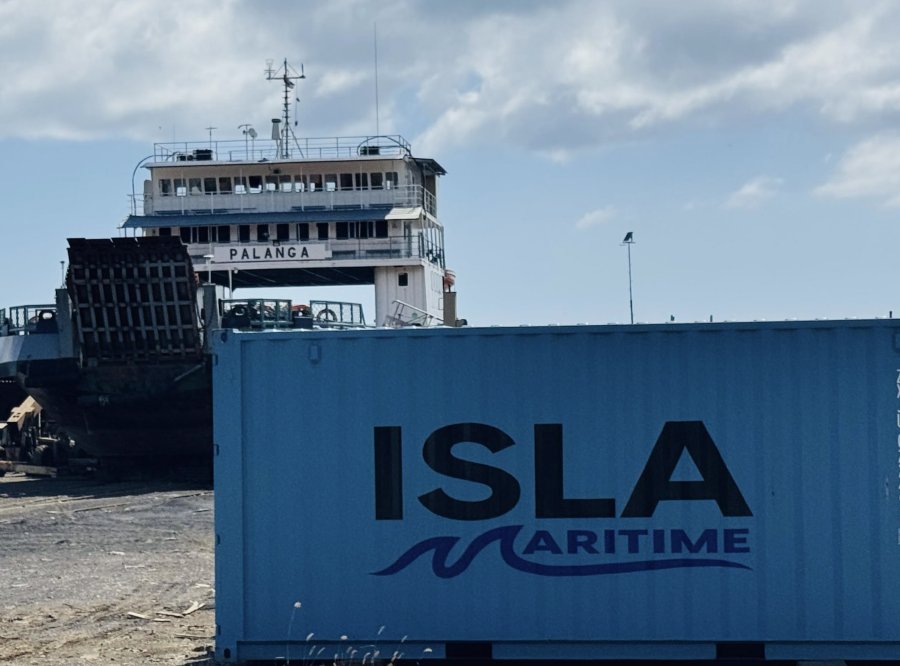How to Stay Comfortable and Healthy as an Expat in Panama

Imagine waking up in your new Panamanian home, where the gentle morning breeze carries unfamiliar sounds and scents through your window, a reminder that adapting to expat life requires more than just a change of address.
For those embarking on the journey of relocating to Panama, creating a foundation of restful habits and environmental awareness becomes the cornerstone of successful adaptation and personal well-being.
This guide explores how attention to sleep quality and health protection strategies can help expatriates thrive in Panama’s diverse microclimates while building a sustainable and fulfilling lifestyle that blends local wisdom with modern comfort solutions.
Prioritizing Restful Habits in a New Country
Moving to a new environment brings exciting changes, but the shift in climate patterns can shake up your sleep routine and daily rhythm. Your body needs time to adjust to these environmental changes, making quality rest absolutely crucial during the transition period.
Research done by the American Academy of Sleep Medicine shows that 13 percent of workplace injuries stem from sleep-related issues, highlighting how rest directly affects your safety and performance.Creating the right sleep environment becomes essential when adapting to Panama’s unique conditions.
A supportive quality mattress can make a significant difference in helping your body recover and adjust to the new timezone. The physical comfort you experience during rest hours shapes your energy levels and ability to handle daily challenges.
Your sleep habits form the foundation of successful adaptation to expatriate life. By focusing on restorative rest from day one, you’ll build resilience against jet lag, climate adjustments, and the natural stress of international relocation.
Smart choices about your sleep setup and routine will speed up your body’s adjustment process, helping you feel at home faster in your new surroundings.
Safeguarding Health Through Environmental Awareness
Living in Panama’s diverse microclimates presents unique health considerations for expats. From bustling city centers to tropical coastal regions, each area brings distinct environmental factors that can affect personal well-being.
Managing these challenges requires a proactive approach to health protection, especially during the initial adjustment period.
A comprehensive health protection strategy should include several essential elements that help safeguard against environmental factors.
Using a medical-grade KN95 mask offers reliable protection against airborne particles and pollutants common in urban areas. This kind of preventive measure becomes particularly important during seasonal changes or in areas with higher pollution levels.
Many expatriates find that incorporating local wellness practices alongside modern health protection methods creates an effective balance. This combined approach helps build natural resistance while maintaining comfort in various environmental conditions.
Impacts of Rest Quality on Professional Performance
Quality sleep shapes the foundation of professional success, particularly for expats adjusting to new work environments in Panama. The relationship between rest and job performance becomes even more critical during this transition period.
Getting proper sleep helps maintain mental clarity and decision-making abilities while adapting to different time zones and work cultures.
This significant impact on work quality highlights why sleep optimization should be a top priority for expats.
Creating a consistent bedtime routine, investing in comfortable bedding, and managing exposure to natural light can help maintain peak performance during the adjustment period.
By prioritizing rest from day one, expats can better handle workplace challenges and demonstrate their full potential in their new professional setting.
Costly Consequences of Ignoring Sleep Health

Sleep deprivation creates a cascade of productivity losses and health complications that drain both individual and organizational resources.
The economic impact of inadequate sleep extends far beyond simple fatigue. Sleep disorders cost $150 billion through increased healthcare expenses, workplace accidents, and diminished output.
For expats adjusting to the new lifestyle, these risks are particularly relevant during the critical adaptation phase.
Investing in proper sleep equipment and establishing healthy routines might seem costly initially, but it’s far less expensive than dealing with chronic sleep problems.
The investment returns become clear as better rest leads to improved focus, stronger immune function, and enhanced decision-making abilities during the transition period.
Microclimate Diversity and Adaptive Strategies
The stark contrast between humid coastal regions and mountain highlands means expatriates must plan carefully for their specific destination. Each area presents unique challenges, from managing moisture levels near the ocean to adapting to cooler temperatures at higher elevations.
Understanding these regional variations helps expats make smarter decisions about their living spaces and daily routines.
For instance, coastal residents often need different comfort solutions than those settling in Panama’s elevated areas.
Expats who thrive in Panama’s varied climate zones often succeed by embracing local wisdom about managing weather changes. They learn to modify their schedules around daily temperature shifts and adapt their homes with appropriate ventilation and climate control.
This approach to comfort helps create a stable foundation for their new life, turning potential challenges into opportunities for adaptation.
Long-Term Well-being and Cultural Integration
Building a life in a new place brings fresh perspectives and experiences that shape your daily routines. As you create new habits and forge meaningful bonds, you’ll discover the rich tapestry of cultural connections that make this country special.
The welcoming nature of local communities helps smooth the transition, turning initial hurdles into stepping stones for personal growth. From vibrant city markets to serene mountain retreats, Panama offers diverse settings that cater to different lifestyle preferences.
Getting involved in community activities and local traditions accelerates the process of feeling at home. Many expats find that embracing these opportunities leads to deeper cultural understanding and friendships.
The affordable lifestyle in Panama allows you to maintain a comfortable standard of living while exploring new interests. Making the most of local amenities helps create a balanced daily routine.
As you settle into your new surroundings, you’ll find that authentic experiences naturally blend with your established preferences, creating a fulfilling lifestyle that feels both familiar and fresh.
Embracing Adaptive Comfort
Moving to Panama represents more than just a change of location, it’s a comprehensive lifestyle transformation that demands attention to personal comfort and well-being.
Through strategic sleep optimization and proactive health protection measures, expatriates can build a strong foundation for thriving in their new environment. By investing in quality rest solutions and embracing local wellness practices while maintaining modern health standards, newcomers to Panama can create a sustainable and fulfilling lifestyle that blends the best of both worlds.





